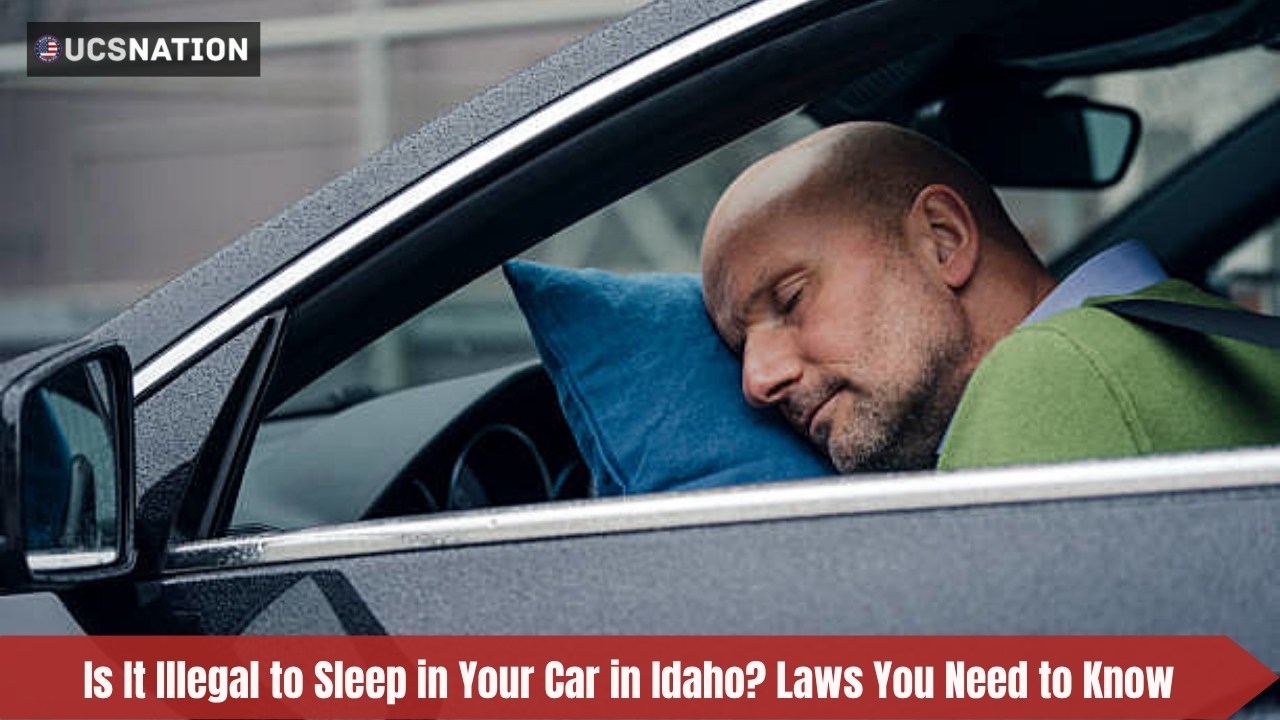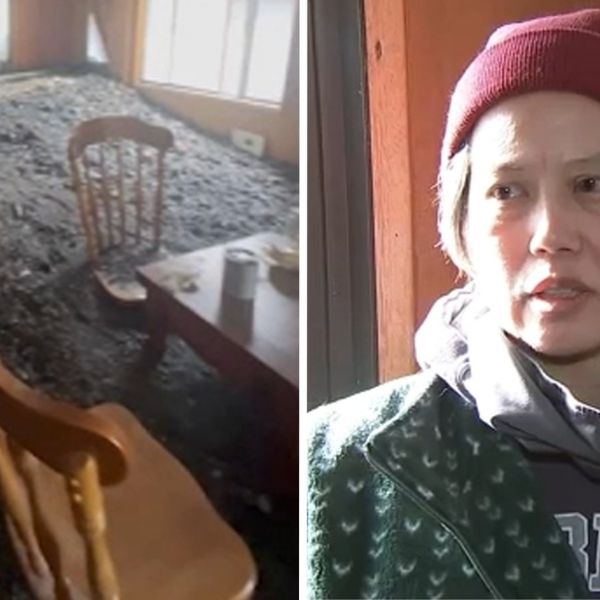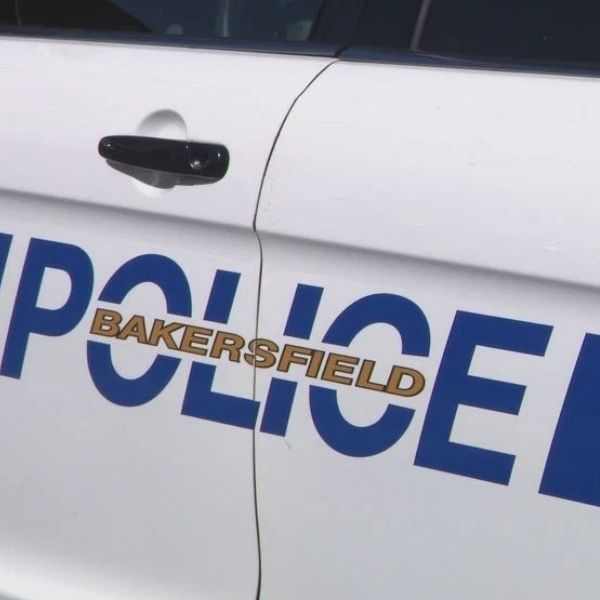Sleeping in your car in Idaho exists in a complex legal gray area that changed dramatically in 2025. While rest areas along interstates and highways explicitly permit vehicle sleeping for limited durations, a new statewide law has created significant restrictions on sleeping in vehicles parked on public property in larger cities. Understanding these regulations is crucial for travelers, RV enthusiasts, and anyone who may need to rest in their vehicle while in the Gem State.
Understanding Idaho Rest Area Regulations
Idaho rest areas operate under clear rules established by the Idaho Department of Transportation that explicitly allow sleeping inside vehicles. Travelers can legally park and sleep at rest areas along Interstate highways for up to ten consecutive hours, while rest areas on other state highways permit stays of up to sixteen hours. These time limits provide ample opportunity for drivers to combat fatigue and rest safely during long journeys across the state.
The key restriction at Idaho rest areas is the prohibition on camping activities. While sleeping inside your vehicle is permitted and even expected by transportation officials, you cannot pitch a tent, roll out a sleeping bag on the ground, or sleep outside your vehicle on the pavement, grass, or dirt. The Idaho Department of Transportation designed these facilities specifically to relieve travel fatigue, not for recreational camping or extended stays. As long as your purpose is genuine rest before continuing your journey, you remain within legal boundaries.
Additional rest area rules include prohibitions on running generators overnight, dumping gray or black water tanks except in designated waste containers, and parking recreational vehicles outside designated spaces. Dogs and cats must remain leashed, caged, or under physical control at all times. These regulations ensure rest areas remain safe, clean, and accessible for all travelers passing through Idaho.
The Impact of Senate Bill 1141
Idaho lawmakers passed Senate Bill 1141 during the 2025 legislative session, fundamentally changing the legal landscape for sleeping in vehicles on public property. This legislation, which Governor Brad Little signed into law in April 2025 and took effect on July 1, 2025, establishes a statewide ban on public camping and sleeping in cities with populations exceeding one hundred thousand residents. The law specifically targets Boise, which is currently Idaho’s only city meeting this population threshold.
Senate Bill 1141 broadly defines public camping or sleeping as lodging or residing in temporary outdoor habitation, which explicitly includes motor vehicles and recreational vehicles. The law considers sitting, lying, or sleeping for a prolonged amount of time as evidence of public camping, particularly when accompanied by bedding, pillows, cooking appliances, heat sources, stored personal belongings, or food. This expansive definition creates significant uncertainty for travelers who might need to rest in legally parked vehicles on public streets or property.
The legislation prohibits cities and counties from authorizing, permitting, or enabling public camping or sleeping on public property, public building grounds, or public roads and rights-of-way. Cities that fail to comply with this statewide ban face potential penalties of up to ten thousand dollars per violation. This provision removes local control and prevents municipalities from creating more permissive policies regarding vehicle dwelling within their jurisdictions.
Exemptions and Gray Areas
Senate Bill 1141 includes several important exemptions that clarify where the ban does not apply. The law explicitly exempts drivers of commercial vehicles and commercial motor vehicles, recognizing the federal rest requirements that govern professional truck drivers. The legislation also does not affect policies, rules, or leases regarding endowment lands, Department of Parks and Recreation lands, or Department of Fish and Game lands, preserving existing camping regulations on these properties.
The law specifically states it does not prohibit overnight camping for recreational or educational purposes on property designated for such use, authorized specific temporary events or activities, or authorized overnight parking at Idaho rest areas or private businesses that comply with established rules. This exemption preserves the legality of sleeping at rest areas as discussed earlier, as well as overnight parking at businesses like Walmart or truck stops that traditionally allow such practices.
However, a significant gray area exists for regular travelers and RV owners who park on public streets. Many Idaho cities have ordinances allowing vehicles to park on streets for specific periods, such as Boise’s seventy-two-hour limit. Under Senate Bill 1141, even if a vehicle is legally parked under these local ordinances, sleeping in that vehicle for a prolonged amount of time could constitute a violation of the public camping ban. The law does not define what constitutes a prolonged amount of time, creating ambiguity that could affect visitors staying with friends or relatives and parking their RVs on public streets.
Municipal Parking Ordinances Across Idaho
Beyond the statewide ban in larger cities, various Idaho municipalities maintain their own parking and overnight camping ordinances that affect vehicle sleeping. These local regulations vary considerably and often restrict where and how long vehicles can remain parked, which indirectly impacts the legality of sleeping in cars.
The City of Nampa explicitly prohibits sleeping in motor homes, campers, or recreational vehicles parked on streets or public property. The city code states that no provision shall be construed to authorize any person to sleep in or allow another to sleep in any motor, camper, or recreational vehicle, even though these vehicles may be legally parked for up to seventy-two hours. This creates a clear prohibition on vehicle sleeping separate from parking time limits.
Franklin, Idaho maintains restrictions on overnight parking or camping around city parks or on city streets and rights-of-way. The city allows exceptions for out-of-town family or friends who may park in front of residents’ homes for periods not exceeding seven days, provided they receive authorization from the mayor or a city councilman. Violations can result in vehicles being towed at the owner’s expense and fines assessed within twenty-four hours.
Ada County prohibits overnight camping and parking on county-owned or leased property except for special group activities, festivals, or holiday events specifically permitted by the board. This prohibition extends to Expo Idaho and other county facilities. Violations result in one-hundred-dollar fines, and vehicles found parked in violation may be cited or removed at the owner’s expense.
The Homelessness Connection
Senate Bill 1141 emerged from legislative concerns about homeless encampments in urban areas, particularly in Boise, where visible homelessness has increased alongside housing affordability challenges. Opponents of the legislation argue it effectively criminalizes homelessness by removing legal options for people living in vehicles. The Point-In-Time count conducted in Ada County in January 2025 found seven hundred seventy-two community members experiencing homelessness, with one hundred twenty-six classified as unsheltered, a category that includes people living in vehicles.
The Idaho State Department of Education reported that six hundred sixty-four Idaho students were experiencing unsheltered homelessness, defined as living in cars, campers without utilities, or substandard conditions. The National Low Income Housing Coalition estimates that Idaho faces a shortage of twenty-four thousand seven hundred ten rental homes affordable to extremely low-income families, contributing to vehicle dwelling as a necessity rather than a choice for some residents.
Research from Idaho homelessness prevention agencies has identified transportation challenges as a significant factor in housing instability. Over twenty-one percent of clients surveyed in Ada and Canyon counties struggle with transportation barriers, and unexpected vehicle repair expenses averaging around one thousand dollars often trigger eviction risks. For people already living in vehicles, the new camping ban eliminates legal parking options and potentially compounds their precarious situations.
Enforcement and Penalties
Enforcement of vehicle sleeping laws in Idaho varies significantly based on location and circumstances. Officers typically have discretion in how they handle violations and may issue warnings for first-time offenses before escalating to citations. However, understanding potential penalties helps travelers and residents avoid legal complications.
Standard parking violations for overnight camping in municipalities typically result in fines ranging from one hundred to three hundred dollars. Trespassing on private property without permission can result in Class C misdemeanor charges with fines up to five hundred dollars. Vehicles may be towed from private property if owners are not present or refuse to move when requested, with towing and storage costs becoming the vehicle owner’s responsibility.
More serious charges can arise in specific circumstances. Drivers sleeping in vehicles with keys in the ignition, particularly in the driver’s seat after consuming alcohol, risk DUI charges even without operating the vehicle. A DUI in Idaho constitutes a Class B misdemeanor carrying potential jail sentences of up to one hundred eighty days, along with fines, license suspension, and other consequences. This scenario highlights the importance of removing keys from the ignition and positioning yourself in the back seat if you need to sleep off alcohol consumption.
Navigating Idaho Vehicle Sleeping Laws
Successfully navigating Idaho’s vehicle sleeping regulations requires understanding multiple layers of law and choosing appropriate locations. State rest areas remain the clearest legal option, explicitly designed and authorized for travelers to combat drowsy driving through sleep. The ten-hour limit on interstate rest areas and sixteen-hour limit on other state highway rest areas provide adequate time for restorative sleep during long journeys.
When traveling through cities with populations exceeding one hundred thousand residents, particularly Boise, exercise extreme caution about sleeping in vehicles on any public property. Senate Bill 1141 creates strict prohibitions with significant penalties for non-compliance. In these areas, seek private campgrounds, RV parks, or business parking lots with explicit overnight permission rather than risking violations on public streets or property.
Smaller Idaho municipalities maintain varied local ordinances that require attention to posted signage and city codes. Before settling in for the night on city streets, research local parking time limits and any explicit prohibitions on vehicle sleeping. When visiting friends or family, inquire about local policies regarding RV parking on residential streets and whether sleeping in those vehicles is permitted under city codes.
The safest approach combines legal knowledge with practical preparation. Identify rest areas, designated campgrounds, and business parking lots along your route before traveling. Keep documentation of permission for private property parking. Maintain your vehicle in a condition that does not suggest permanent dwelling, avoiding visible accumulation of belongings, cooking equipment, or other evidence of prolonged habitation. Most importantly, prioritize genuine rest stops during travel rather than attempting to establish temporary residence in vehicles where prohibited by law.















Leave a Reply